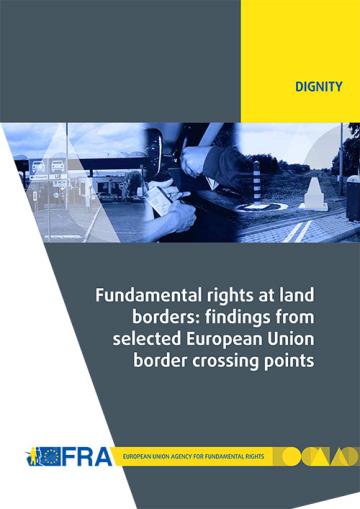Help us make the FRA website better for you!
Take part in a one-to-one session and help us improve the FRA website. It will take about 30 minutes of your time.

EU Charter of Fundamental Rights
41. cikk - A megfelelő ügyintézéshez való jog
(1) Mindenkinek joga van ahhoz, hogy ügyeit az Unió intézményei, szervei és hivatalai részrehajlás nélkül, tisztességes módon és ésszerű határidőn belül intézzék. (2) Ez a jog magában foglalja: a) mindenkinek a jogát arra, hogy az őt hátrányosan érintő egyedi intézkedések meghozatala előtt meghallgassák, b) mindenkinek a jogát arra, hogy a személyére vonatkozó iratokba a bizalmas adatkezeléshez, illetőleg a szakmai és üzleti titokhoz fűződő jogos érdekek tiszteletben tartása mellett betekintsen, c) az igazgatási szervek azon kötelezettségét, hogy döntéseiket indokolják. (3) Mindenkinek joga van ahhoz, hogy az Unió a tagállamok jogában foglalt közös általános elvek alapján megtérítse számára az intézményei és alkalmazottai által feladatuk teljesítése során neki okozott károkat. (4) Mindenkinek lehetősége van arra, hogy a Szerződések nyelveinek valamelyikén írásban forduljon az Unió intézményeihez, és ugyanazon a nyelven kapjon választ.



